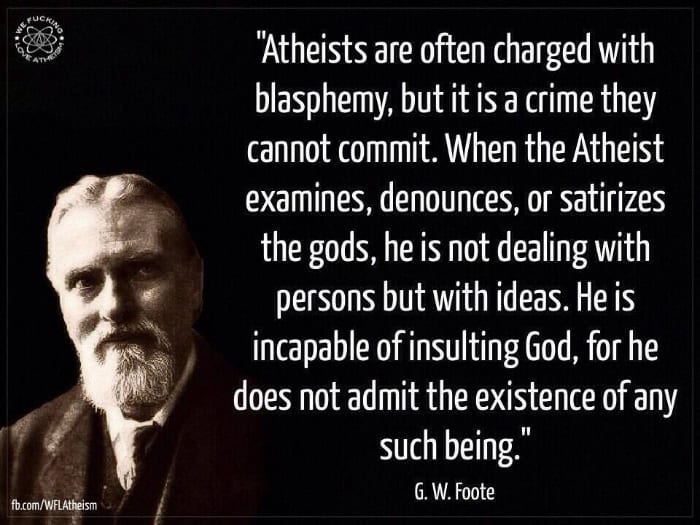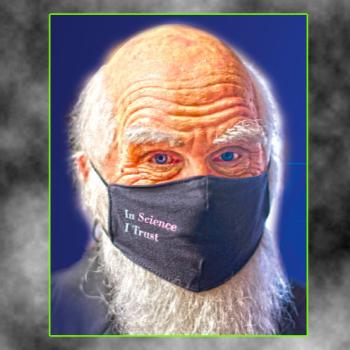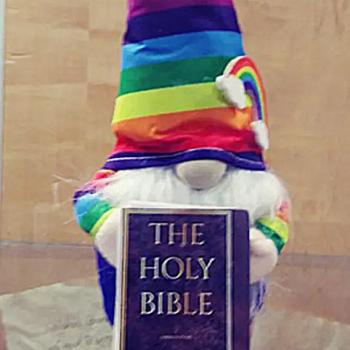
FOR 83 years Switzerland has had a form of blasphemy law that makes ‘insulting’ people’s religious beliefs a criminal offence. It’s an anachronistic piece of legislation that Beat Flach, above, a member of the Liberal Greens Party, has been rigorously campaigning to have abolished or amended.
But Swiss lawmakers believe that Article 261 of the Penal Code of 1937 needs to be retained, and on November 6 Switzerland’s Federal Assembly rejected a motion put forward by Flach by 115 votes to 48.
In arguing against the retention of the Article, which outlaws “attacks on the freedom of faith and the freedom to worship”, Flach said:
You shouldn’t punish people for making fun of a faith. We must give a clear and strong signal in favor of freedom of expression.
The Article states:
Any person who publicly and maliciously insults or mocks the religious convictions of others, and in particularly [sic] their belief in God, or maliciously desecrates objects of religious veneration, any person who maliciously prevents, disrupts or publicly mocks an act of worship, the conduct of which is guaranteed by the Constitution, or any person who maliciously desecrates a place or object that is intended for a religious ceremony, or an act of worship the conduct of which is guaranteed by the Constitution, is liable to a monetary penalty not exceeding 180 daily penalty units.
According to press reports, there were 161 court cases related to Article 261 between 1960 and 2010. There were on average three people charged with “blasphemy” each year. From 2011 to 2017, an estimated 30 people were convicted under the “blasphemy” clause.
But Martino Mona, Professor of Criminal Law and the Philosophy of Law at the University of Bern, disagrees with Flach, saying:
This helps to maintain religious peace.
Mona pointed out that Switzerland has a long tradition of religious wars and conflicts, which is why the law was needed.
And Justice and Police Minister Karin Keller-Sutter insisted that freedom of expression “does not apply without limit.”

A while back Andreas Kyriacou, President of the Swiss Freethinkers, which supports the abolition of blasphemy laws worldwide, argued that repealing such laws was the only way to assure people that they have a right to free expression of opinion. Abolition would also send “a clear and necessary message” to those countries that use blasphemy laws to persecute religious minorities and secular activists.
The Swiss Freethinkers called on the National Council and the Council of States to follow countries such as Britain, Ireland, Norway, Iceland, Malta, France and Denmark and scrap or amend Article 261.
Switzerland would thus be demonstrating a clear commitment to the right to freedom of expression – and would also be helping to stop countries such as Pakistan, Saudi Arabia, Iran and Russia from providing justifications for their laws that are hostile to freedom.
‘Bad law’
The End Blasphemy Laws campaign says:
Shielding religion from criticism cannot be regarded as a social good. Criticism which is false can be tested and met with legitimate counter-arguments, while criticism which is true should be heard for the sake of correcting errors. In some cases, criticism helps religious thinkers improve theology. In more substantive cases, criticism is essential to shedding light on immoral or unlawful practices carried out in the name of religion.
The violation of the right to freedom of expression is a matter of incompatibility with international human rights legislation, as well as most domestic human rights laws. But in addition, ‘blasphemy’ and ‘insult to religion’ laws also suffer from internal inconsistency and subjective applicability.
The confused and subjective nature of ‘blasphemy’ and ‘insult to religion’ laws makes them bad law. They are therefore hugely prone to abuse, being used to target a variety of supposed ‘blasphemy,’ from actual criticism or satire of religion, to merely stating alternative religious views, stating atheism, or in some cases, the accusation is entirely malicious, based on rumours or planted evidence.

As far back as 1882, a year after launching The Freethinker, G W Foote, who was jailed for blasphemy for 12 months with hard labour, addressed the issue in an article entitled “Who are the Blasphemers?” It’s as relevant today as it was back in the day.
The real blasphemers are those who believe in God and blacken his character; who credit him with less knowledge than a child, and less intelligence than an idiot; who make him quibble, deceive, and lie; who represent him as indecent, cruel, and revengeful; who give him the heart of a savage and the brain of a fool. These are the blasphemers.
When the priest steps between husband and wife, with the name of God on his lips, he blasphemes. When, in the name of God, he resists education and science, he blasphemes. When, in the name of God, he opposes freedom of thought and liberty of conscience, he blasphemes. When, in the name of God, he robs, tortures, and kills those who differ from him, he blasphemes. When, in the name of God, he opposes the equal rights of all, he blasphemes.
When, in the name of God, he preaches content to the poor and oppressed, flatters the rich and powerful, and makes religious tyranny the handmaiden of political privilege, he blasphemes. And when he takes the Bible in his hand, and says it was written by the inspiration of God, he blasphemes almost beyond forgiveness.
Who are the blasphemers? Not we who preach freedom and progress for all men; but those who try to bind the world with chains of dogma, and to burden it, in God’s name, with all the foul superstitions of its ignorant past.

 I’d love a cup of coffee
I’d love a cup of coffee








